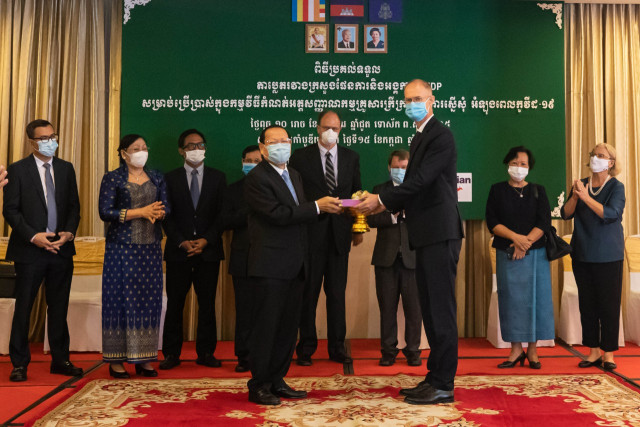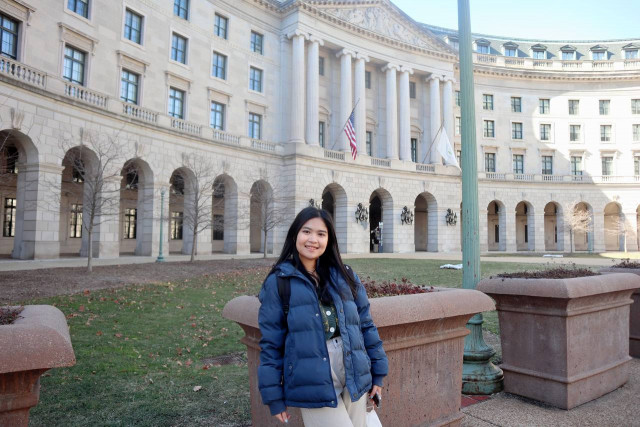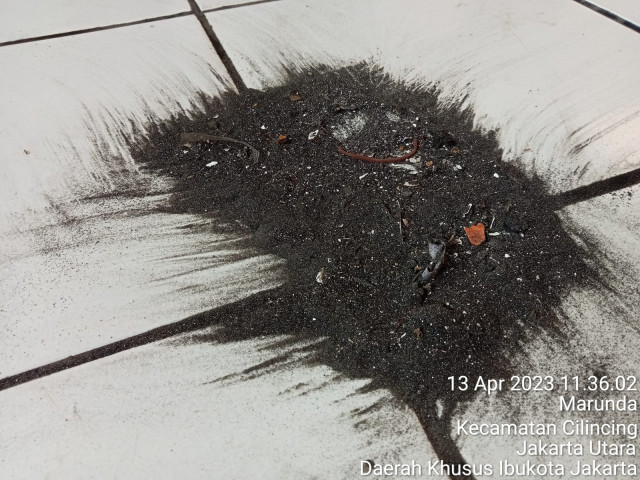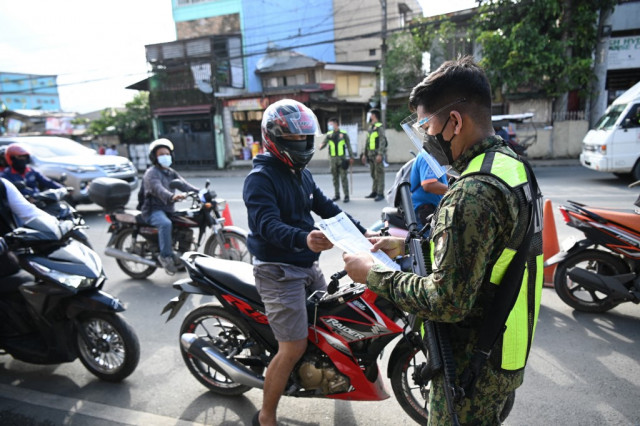UNDP Donates Tablets to Catalyze Identification of Poor Households

- Lay Sopheavatey
- July 15, 2020 8:43 AM
The Ministry of Planning requested the technological assistance to assist with the development of the IDPoor program.
PHNOM PENH--The United Nation Development Program (UNDP) on Wednesday provided 1,700 tablets to the Cambodian Ministry of Planning in order to expedite the IDpoor program—a cash-transfer initiative aimed at providing relief funds to Cambodia’s poorest and most vulnerable.
It has primarily been run by the German international development agency GIZ and the Australian government, who have worked in conjunction with the Ministry of Planning to develop IDPoor for years.
“The Government of Australia and the UNDP have provided these tablet computers to the Ministry of Planning to help the rapid upscaling of the IDPoor program so all those registered as poor can receive cash,” said UNDP Cambodia’s Resident Representative Nick Beresford during the official handover ceremony on July 15.
“This expands the UN’s work in social protection and builds our partnership with GIZ in helping the Royal Government of Cambodia build a robust and fully digital IDPoor program.”
The donation actually was made at Ministry of Planning’s request as the local authorities have difficulties performing their task due to the limited number of digital devices, according to Srey Da, the ministry’s spokesman.
“In each commune and Sangkat, there is only one device which is used to conduct registration work for poor households. By noticing this difficulty as well as the work backlog, the ministry had decided to request additional tablets from the UNDP,” Da said.
The given tablets are set to be delivered to Sangkats and communes across the country, which will assist the local authorities effectively and swiftly perform registration works and also allow indigent people to quickly receive financial assistance amid pandemic.
When questioned on issues that had arisen in poor household identification process, Da acknowledged that 6,675 irregularities had been detected and also successfully addressed.
“The irregular cases we had found were mostly linked to expired cards, people who have better livelihoods, people who did come to pick up their cards as well as those who have lost their cards or have torn cards,” he said.
Prime Minister Hun Sen announced the pandemic relief fund to support poor families and vulnerable groups on June 24, and the fund is utilized through the same mechanisms as the IDPoor program, which is used to identify vulnerable families and is being implemented by the Ministry of Planning and GIZ.
He added the program would provide direct assistance to some 560,000 families of indigents and vulnerable people across the country, including elderly from 60 years old, people with disability, HIV positive people, pregnant women as well as children under five years old.
As of July 14, Hun Sen said, during his visit to the Freshwater Aquaculture Research and Development Centre in Peamro district, Prey Veng province, that up to 520,000 poor households have already received cash support under the program with roughly $32 million being distributed so far.















